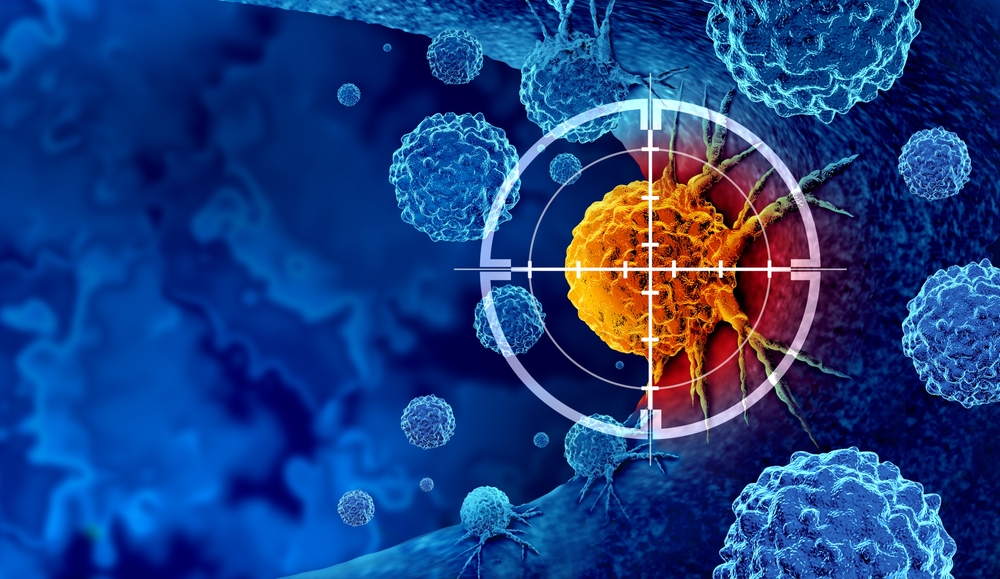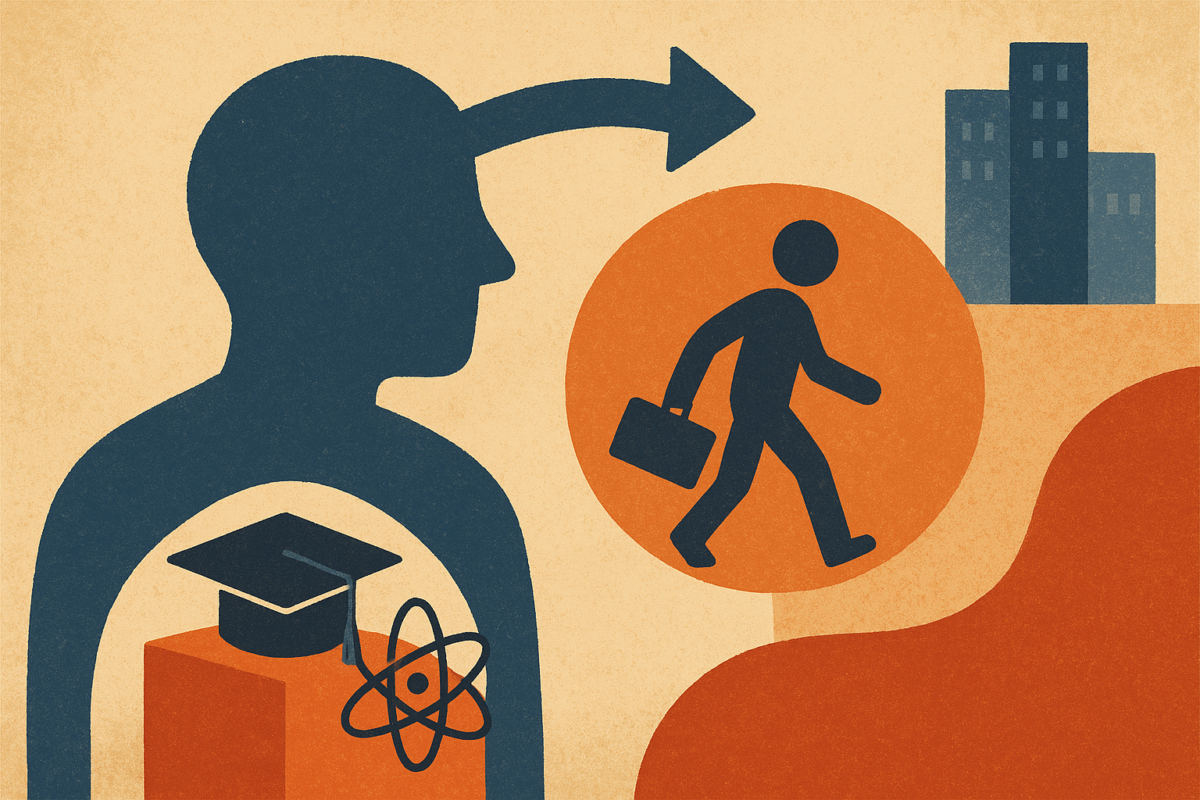 #Careers
#Careers
Postdoctoral fellowship in immuno-oncology
Fellowship at the Immuno-oncology Research Center in São Paulo open to Brazilians and foreigners; applications accepted until 12/31
 Fellowship recipient will make use of experimental approaches to shed light on the systemic and local immunological profile and genetic profile of tumors from lung cancer patients | Image: Shutterstock
Fellowship recipient will make use of experimental approaches to shed light on the systemic and local immunological profile and genetic profile of tumors from lung cancer patients | Image: Shutterstock
The Immuno-Oncology Research Center (CRIO) at Hospital Israelita Albert Einstein, São Paulo, has opened a selection process for a postdoctoral fellowship. Applications will be open until Tuesday, 12/31/2024.
Anyone interested in applying should email the following documents to crio.einstein@gmail.com:
- Résumé;
- Cover letter;
- The names and contact details of two references.
The fellowship is open to both Brazilians and foreigners. The recipient will be awarded a postdoctoral fellowship worth R$12,000.00 per month from the São Paulo State Research Foundation (FAPESP), in addition to a technical reserve equivalent to 10% of the annual value of the fellowship to cover unforeseen expenses directly related to the research.
The minimum requirements are:
- Proactivity;
- Ability to work independently and as part of a team;
- Previous experience in molecular biology techniques;
- Previous experience in data analysis using bioinformatics tools;
- Proven experience with scRNA-seq (experimental protocols and data analysis).
The fellowship recipient will implement several experimental approaches in order to shed light on the systemic and local immunological profile and genetic profile of tumors from lung cancer patients. The objective is to identify molecules, immune cells, and networks that induce an effective antitumor response after therapeutic intervention in prospective and retrospective cohorts.
CLICK HERE to learn more about the fellowship.
About CRIO
The Immuno-Oncology Research Center (CRIO) was established in 2022 through a scientific partnership between Hospital Israelita Albert Einstein, the A.C.Camargo Cancer Center, the Ribeirão Preto School of Medicine at the University of São Paulo (USP), Hospital Vila Santa Catarina, and the pharmaceutical company GlaxoSmithKline (GSK).
Directed by American immunologist Kenneth J. Gollob, CRIO’s main objective is to generate knowledge that can help overcome the limitations of immunotherapy.
With the aim of fighting tumor progression by recovering or enhancing the patient’s own immune system, immunotherapy has proven effective against several types of cancer.
Depending on the type of cancer, however, between 12% and 60% of the population does not respond or has a low response to the treatment. Another issue is side effects.
The main scientific focus of CRIO is thus to discover and validate immunoregulatory targets with the potential to induce strong anticancer responses.
For more information, visit https://crio.einstein.br/
*
This article may be republished online under the CC-BY-NC-ND Creative Commons license.
The text must not be edited and the author(s) and source (Science Arena) must be credited.


